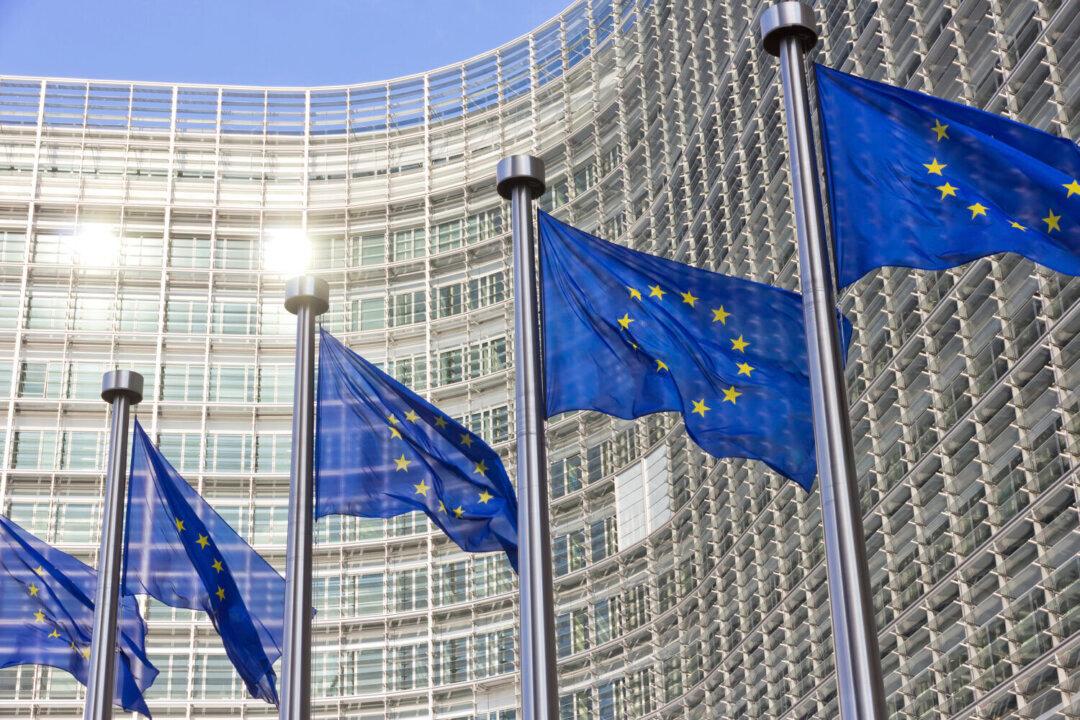On July 27, the European Parliament passed a new declaration that condemns organ harvesting from prisoners of conscience in China and calls on the continent’s political elite to do something about it.
Written Declaration 0048, “on stopping organ harvesting from prisoners of conscience in China,” is primarily aimed at nudging the Council of Europe, the EU’s political entity, to take action on a resolution that was originally passed in late 2013.
The declaration refers to “persistent credible reports on systematic, state-sanctioned organ harvesting from non-consenting prisoners of conscience in the People’s Republic of China, primarily from practitioners of Falun Gong peaceful meditation and exercises but also from Uighurs, Tibetans and Christians.” It won the support of 413 MEPs as of July 27.
“Owing to the severity of underlying abuse,” it says, “there is a clear need to organize without delay an independent investigation into ongoing organ harvesting in the People’s Republic of China.”






